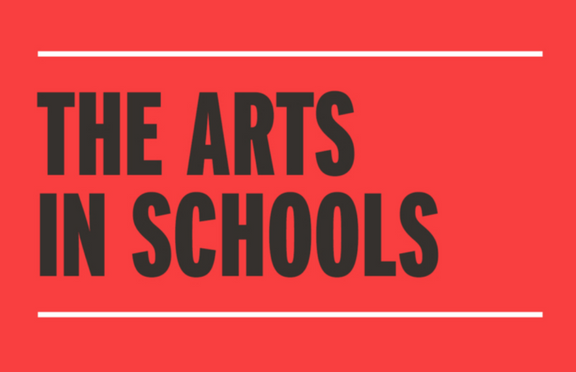
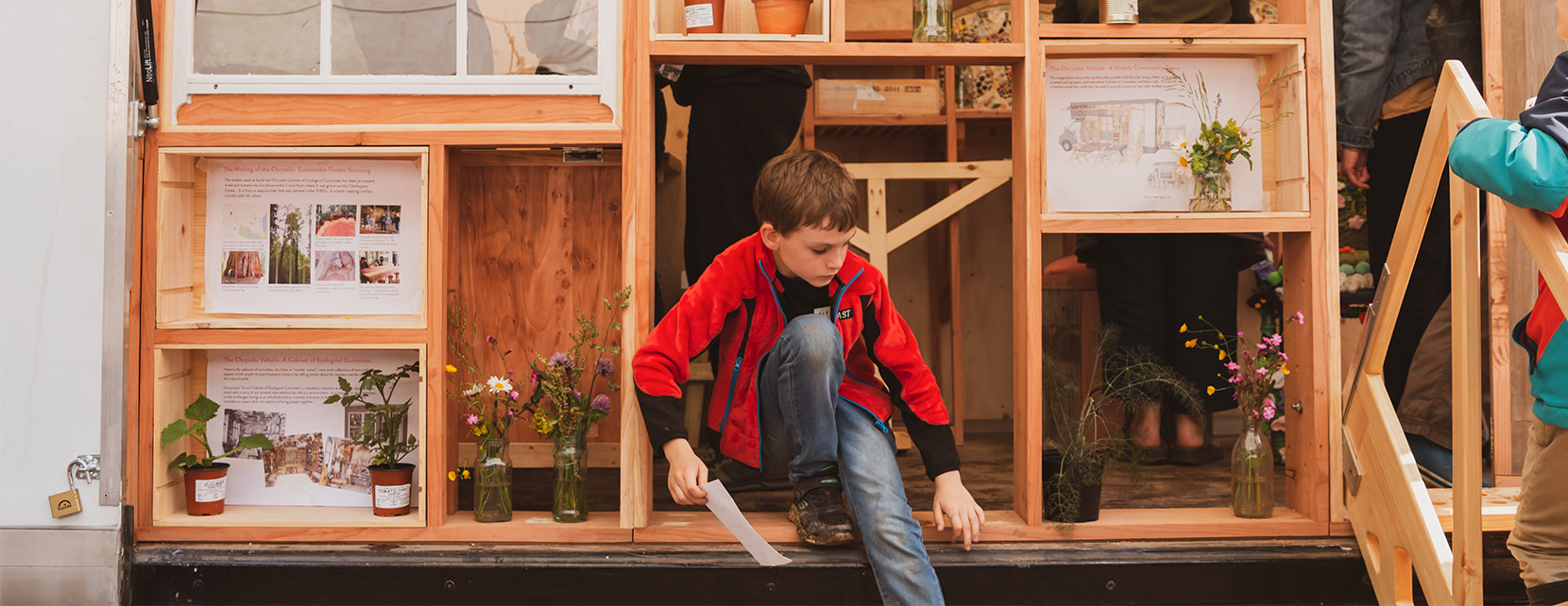
The Civic Role of Arts Organisations
We aim to connect all those who believe the arts are central to society and want their arts organisation to play a ‘civic role’. Our ambition is to build a movement of change-makers, with impact in their local communities, across the UK and internationally.
The Civic Role of Arts Organisations programme casts a spotlight on arts organisations that are re-invigorating their civic role in imaginative and inspiring ways. The activities we support are part of our international Access to Culture programme.
From Inquiry to Programme
In 2016, the The Inquiry into the Civic Role of Arts Organisations was launched. The Foundation recognised that the relationship between the public and arts organisations was changing, and that institutions receiving public investment needed to articulate more clearly the value they bring, including to local communities.
The Inquiry aimed to increase awareness of the civic role that arts organisations play, develop an understanding of what constitutes ‘next practice’ and develop a movement committed to demonstrating it. A case study bank profiled best practice from 80 arts organisations from around the world. The culminating Rethinking Relationships report identified barriers and levers for change.
In 2017, the Inquiry became a funding programme, focusing on what advocacy influence and approaches were necessary to bring about systemic change. We introduced the Award for Civic Arts Organisations in 2020 to celebrate best practice and pioneers.
Today, as part of our Access to Culture programme, the Foundation continues to support arts organisations to embed the ‘civic’ into their practice and encourage wider funding and policy change. We continue to recognise that embracing a civic role looks different for each organisation. For some, this is acting as a platform for unheard voices and places where people can come together in uncertain times. We acknowledge that many are interested to embrace a civic role but face challenges. Our activities seek to overcome barriers.
Inquiry website
Support
Totalling £3.4 million of investment to date, the programme has provided support through grant-making, galvanising networks and groups, convening and funding new insight. We have focused on five ‘levers of change’ to help lead a movement of change-makers collaborating with their local communities:
Some supported activity

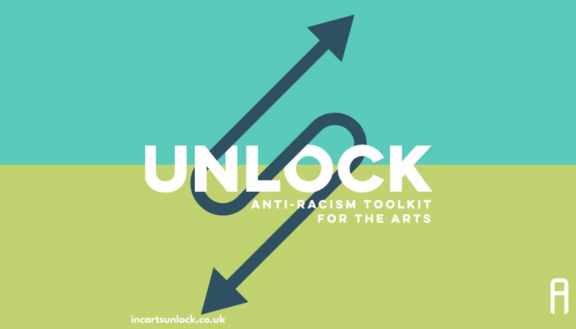
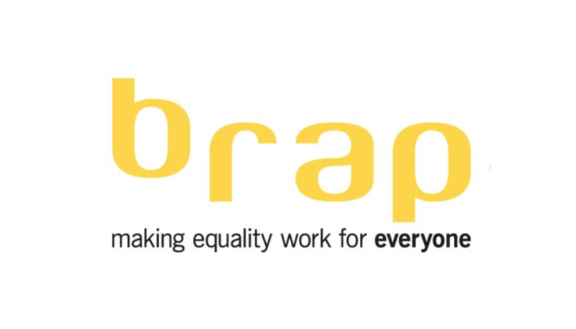
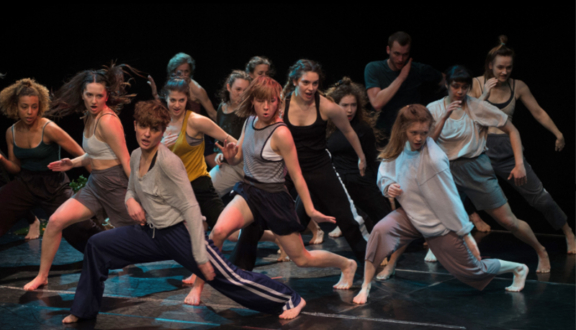
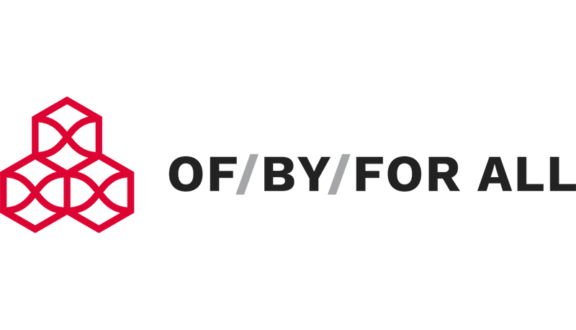
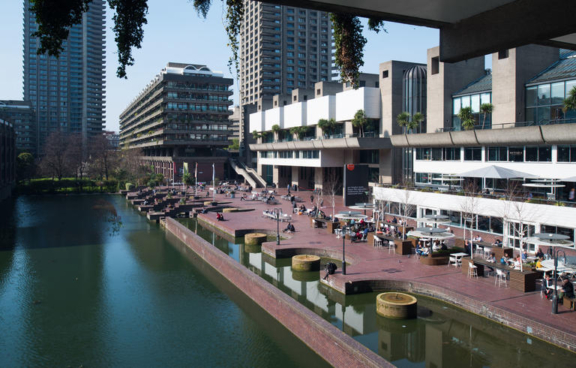
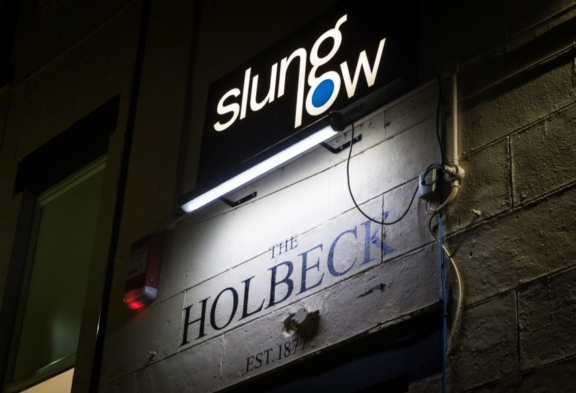
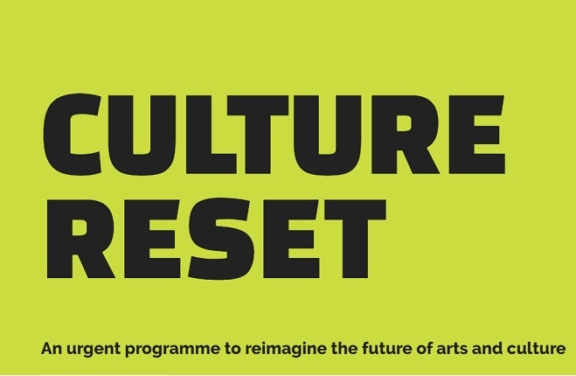
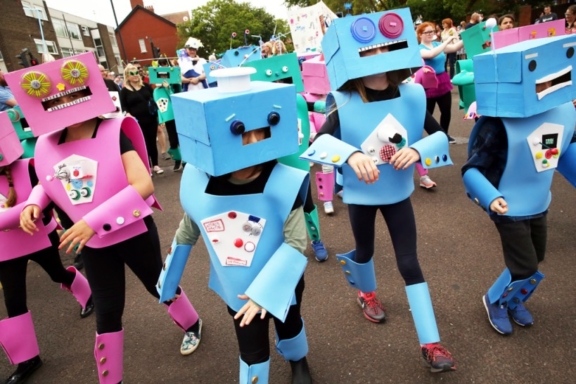
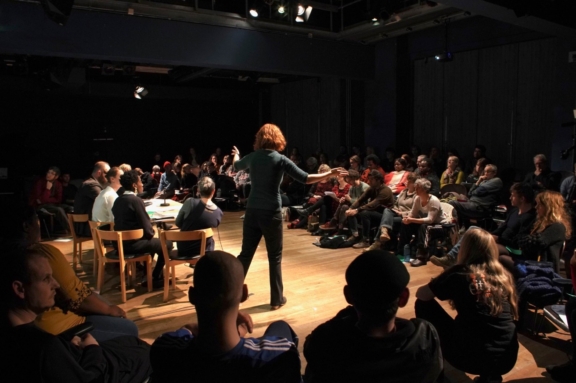
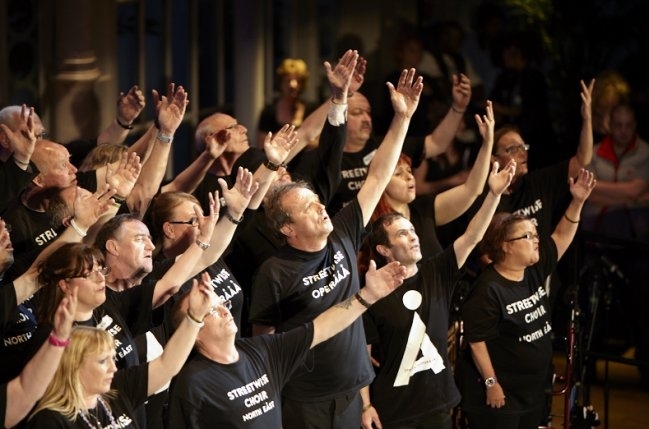
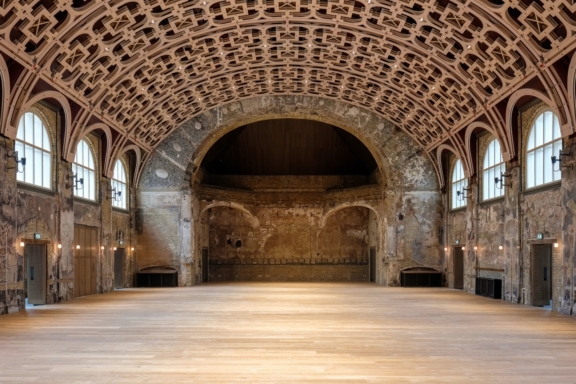
Defining the civic role of arts organisations
The civic role looks different in each context, but our research found that arts organisations with a civic role share nine operating principles:
We also found metaphors a helpful way to understand the civic role that arts organisations play.
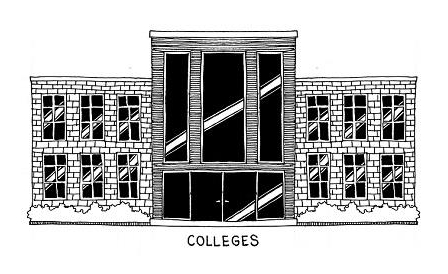
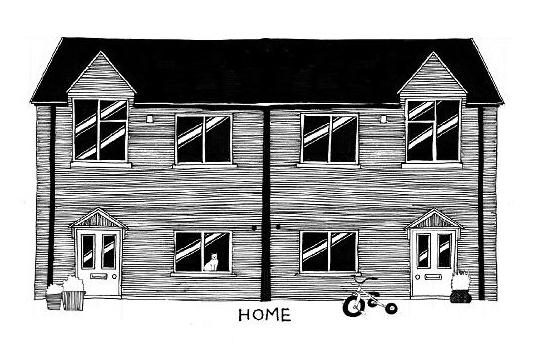
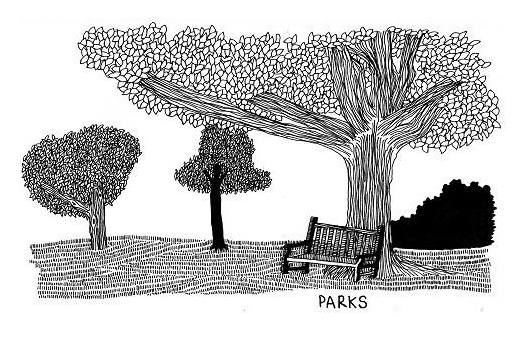
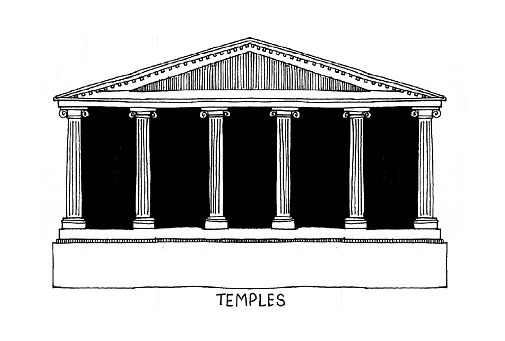
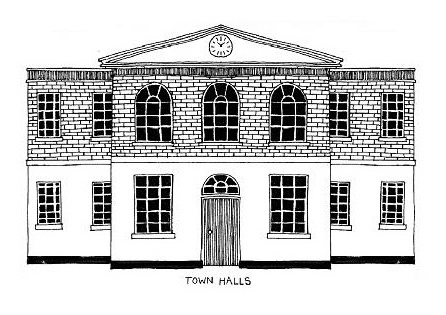
/
|
Award for Civic Arts Organisations
The Award for Civic Arts Organisations was launched in 2020 to celebrate organisations that are using the transformational power of art for individual and societal change. In highlighting outstanding practice, the Award has sought to incentivise the wider arts and cultural sector to embrace its civic role. The Award was open to all arts organisations across the UK that receive public funding and offered a total of £150,000 prize funding.
The first two editions recognised how civic arts organisations were adapting to the pandemic; the third edition focused on co-creation. A total of 798 applications were received from 649 organisations over the three years, demonstrating how a growing number of organisations across the country see themselves as fulfilling a civic role.
About the Award
Impact
The Programme has aimed to influence systemic change towards a long-term vision for a growing international movement of civic arts organisations that can operate sustainably in a supportive environment to enrich the lives of people, enable active citizens and communities and increase collective understanding of our place in the world.
A 2023 learning report by the Programme’s evaluator, Mark Robinson from Thinking Practice, explored the impact made and made observations on the current state and needs of this field of practice.
